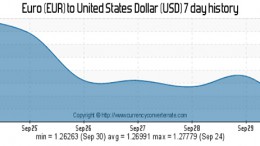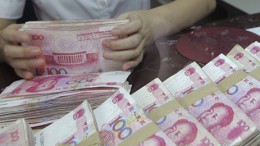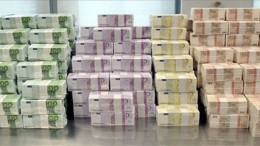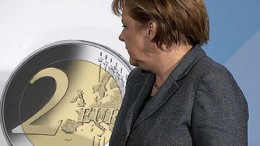EU: Challenged OMT is back in town
MADRID | The Corner | The European Central Bank’s Outright Monetary Transaction (OMT) will be back on the front pages on Tuesday. The European Court of Justice (the EU’s highest tribunal) will have to respond to the challenge of German judges, who said the OMT can be seen as monetary financing of governments, banned in EU treaties. “Every time the monetary union takes a step forward, German individuals and/or civil or political groups file a case with the Constitutional Court in Karlsruhe,” our senior analyst Luis Martí commented.







